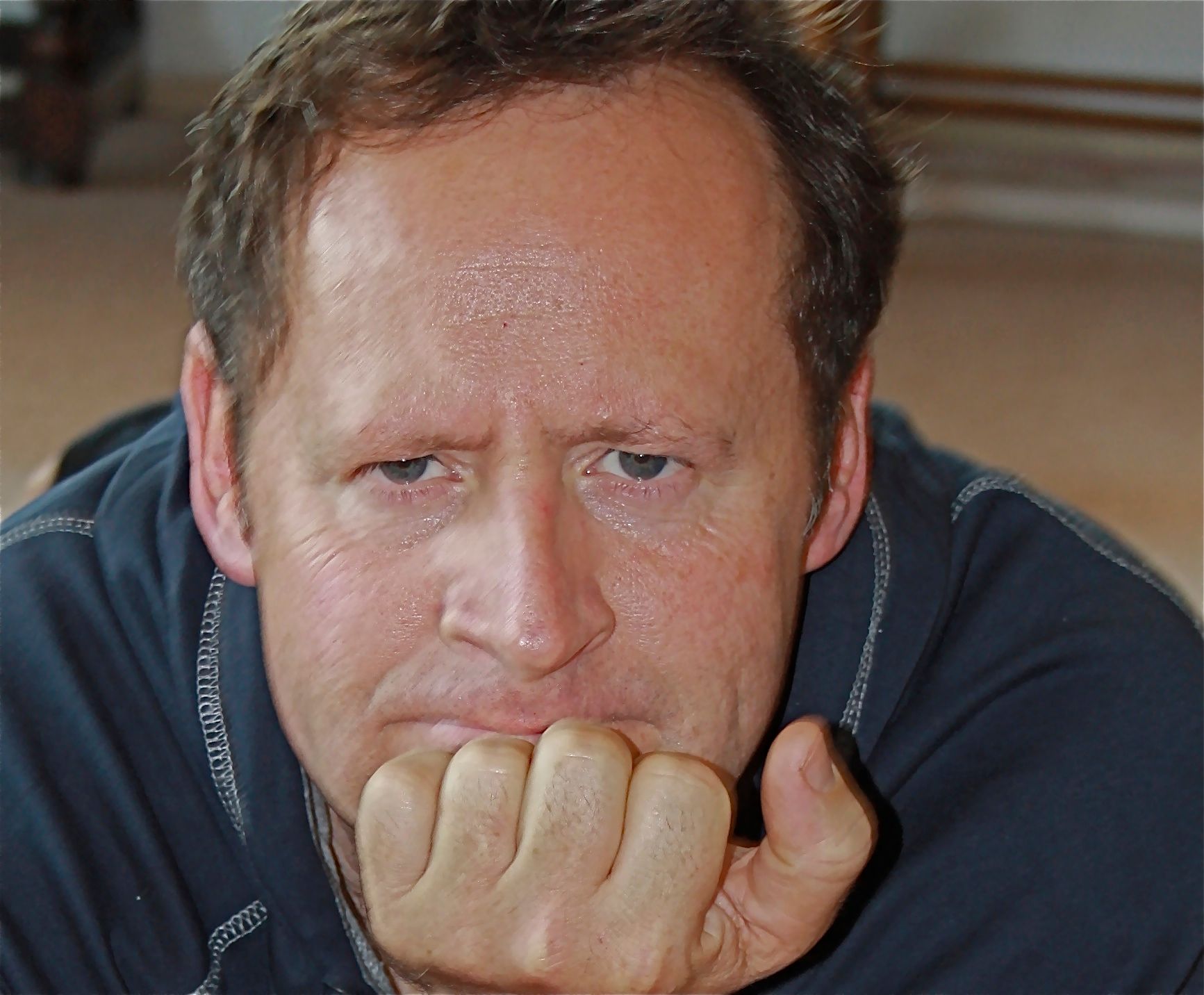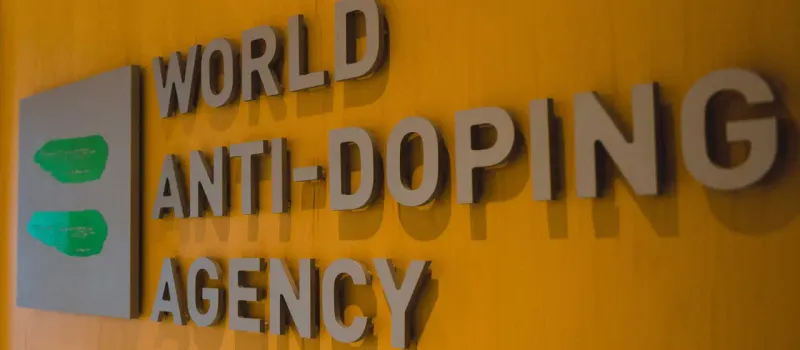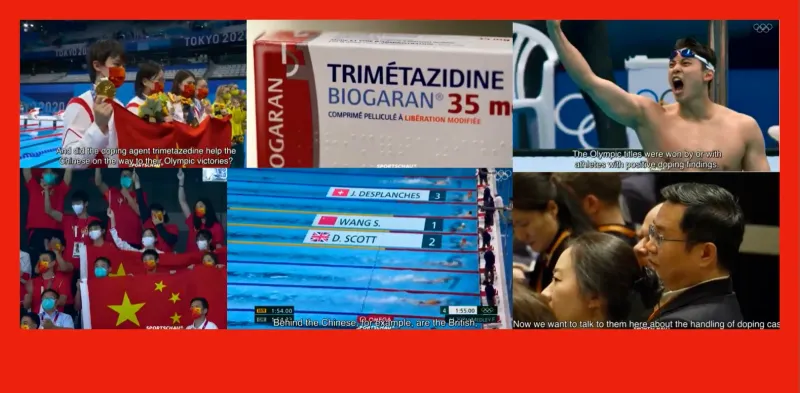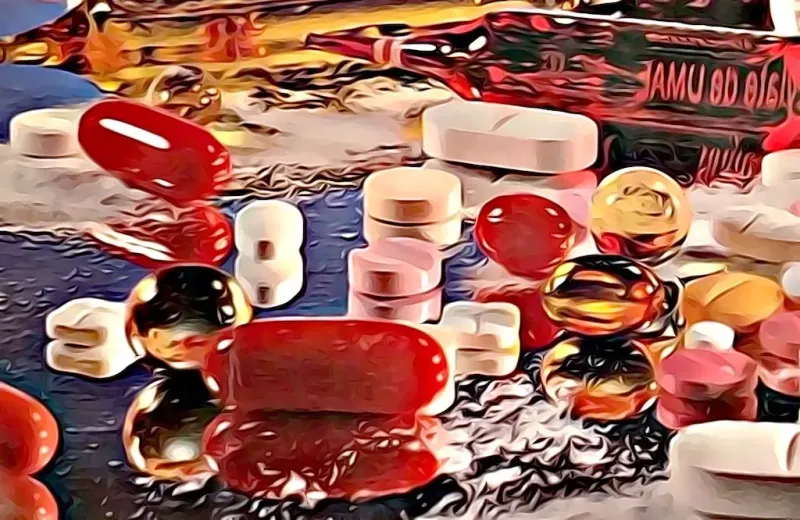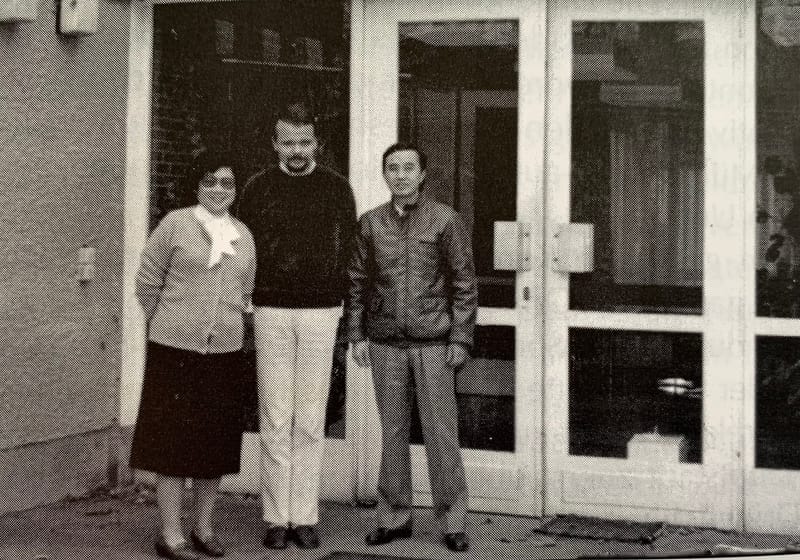Anti-Doping Schism & States Of Independence
World Aquatics, which back in 2021 lodged a "protective statement of appeal" at CAS before the Tokyo Olympics but let it go after talking to Wada, has published the Anti-Doping Audit Review Committee report. Our analysis:
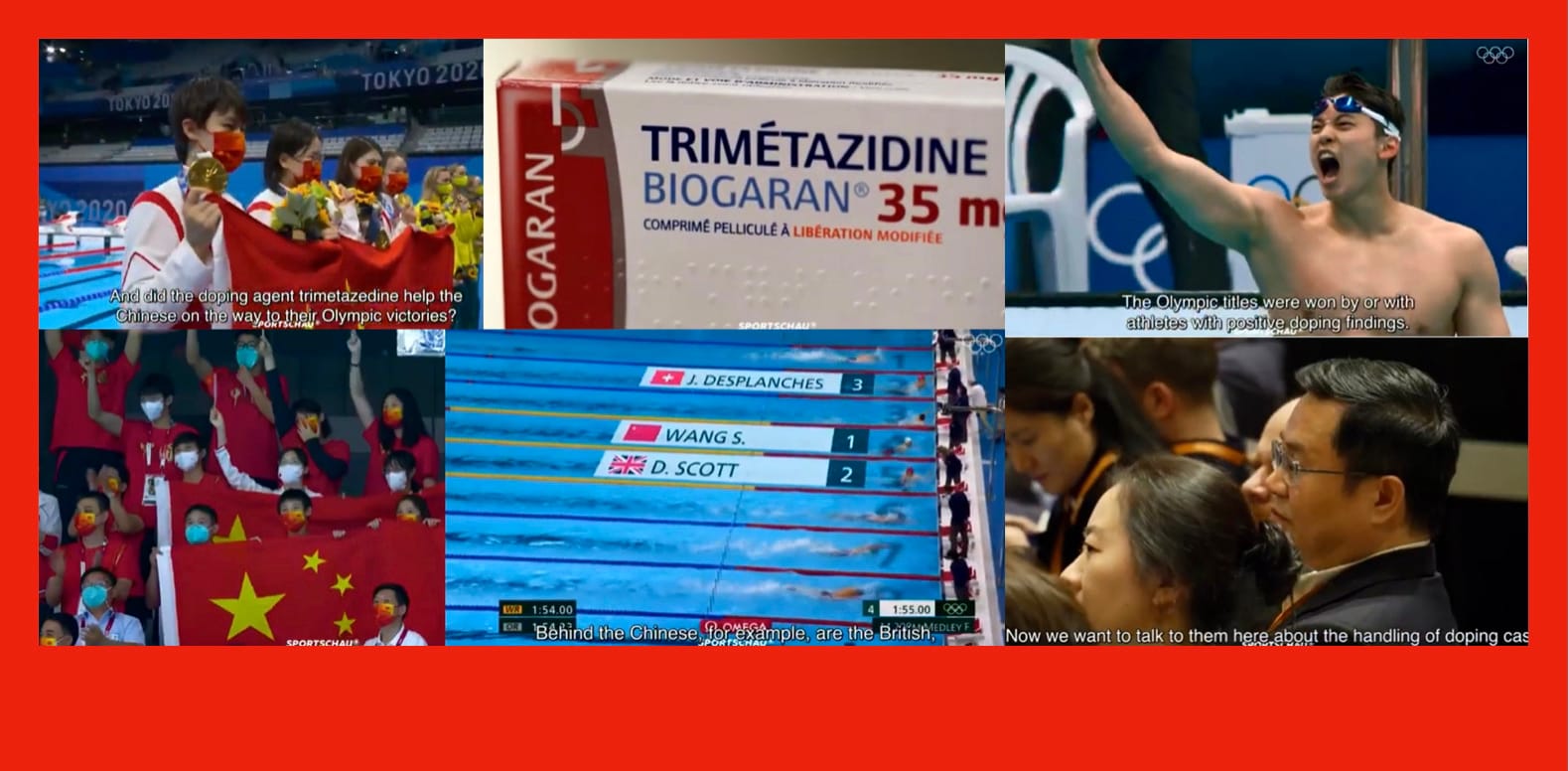
What's the point in having an independent Integrity Unit tasked with handling regulatory disputes, resolutions and penalties if that body is not called upon to judge the handling of one of the biggest and most divisive disputes to hit your sport?
A reasonable question on two grounds, as far as some members of the Aquatics Integrity Unit are concerned:
- when the World Aquatics Bureau chose to appoint an ad hoc committee to review the cases of 23 Chinese swimmers who tested positive for heart-booster trimetazidine in 2021, members of the the Aquatics independent Aquatics Integrity Unit (AQIU) felt that they’d been bypassed on one of their core constitutional missions
- Miguel Cardenal, the Spanish Chair of the Supervisory Council of the Aquatics Integrity Unit, no less, had jumped ship and opted to lead a review at the helm of another group, one they felt was neither independent nor imbued with the required level of knowledge and experience.
All of that unfolded against a backdrop of growing schism and loss of trust in the anti-doping system sparked by the latest crisis made in China under rare circumstances, exacerbated by the Covid pandemic and almost impossible to imagine in the majority of other leading sports nations around the world.
At the heart of schism, we are supposed to believe that a story of mass contamination handed down by state security services long after the fact is more plausible than a narrative in which the timing of events and an apparent contradiction in the strength of evidence asks us to bend credulity beyond its edges.
Ten long weeks went by before investigations were conducted at the scene said to be the source of the positive tests in a working kitchen of a working hotel.
Take a deep breath and soak this up: the evidence of contamination is supposedly so omnipresent and strong in mid-March after being put through running taps, drains, cleaning products and more than the standard rub and scrub in a kitchen under extra extreme scrutiny in a pandemic that it leaves us scratching our heads when Wada tells us that the traces of the banned substance in the samples of swimmers between January 1 and 3 were insignificantly small after being put through the ringer of human biology and the steam of a cooking pot.
Human body 10; Kitchen cleaning 0.
Worth noting that the whole sorry story was unfolding out of sight at a time when China was preparing to send an Olympic team to Japan. How would Chinese authorities have felt about the shame of 23 positive tests heading to the Court of Arbitration for Sport (CAS) in the wake of the Sun Yang saga that made headlines around the world in the gap between Olympics?
All of which might lead us to believe that the answer to the question in our introduction is a no-brainer because facts are facts, truth is truth and fair play fair play. Logic gets blurry beyond that frame, however, as we add pinch of 'plausible', a sprinkle of ‘probability' and a dash of diplomatic discomfort inherent in the Olympic realm acknowledging that national politics can and do set the environments in which athletes work, including definitions of clean sport, fair play and athlete welfare.
Read this feature and others in our China Diaries special by supporting our work with a subscription. Thank you:
What Do Sleeping Dogs Do?
To cut a long story short, it ended up with China’s “no fault” decision being accepted by Wada and World Aquatics. Case closed, stamped confidential. A sleeping dog, which awoke in April this year when the dog barked in tune with investigations by ARD’s doping unit in Germany and the New York Times.
Cue huge loss of trusty in the anti-doping system.
With that in mind, World Aquatics, which back in 2021 lodged a "protective statement of appeal" at the Court of Arbitration for Sport (CAS) as the Tokyo Olympics loomed in order to "preserve its appeal rights and to gain more time to review the documents and disc use the case with Wada", appointed an Anti-Doping Audit Review Committee to seek recommendations for improving processes and rebuilding faith.
You can read the potted profiles of the committee members and the report in full at Work Aquatics. Analysis follows.
If you wish to support our independent journalism, you can do so here:
